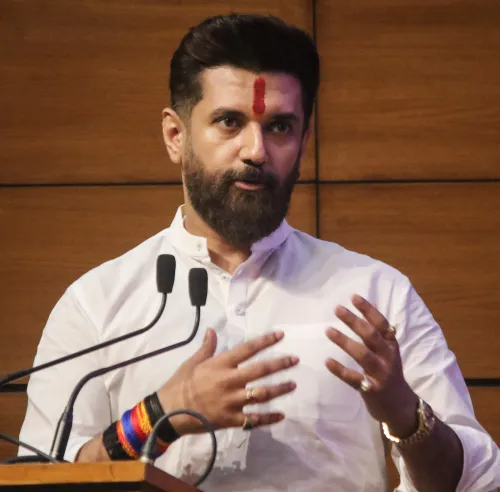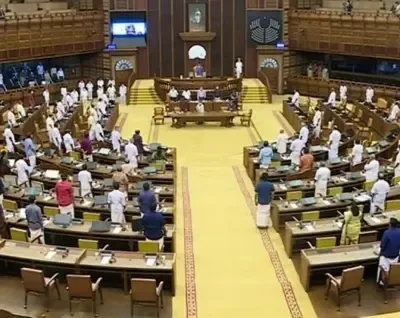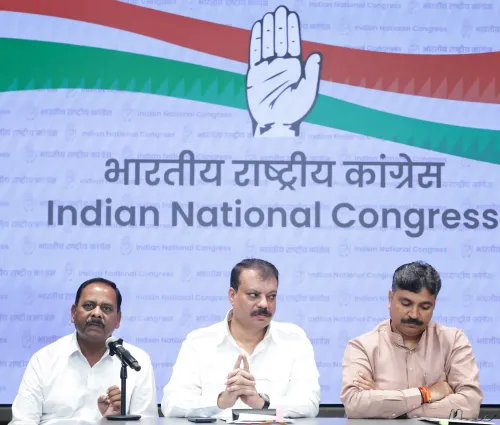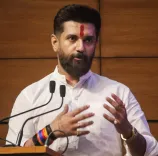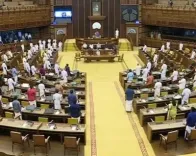Can the J&K L-G Actually Nominate Five Members to the Legislative Assembly?
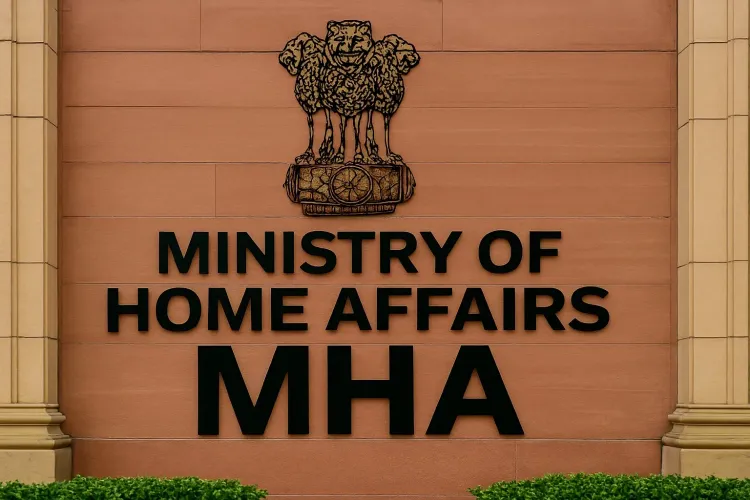
Synopsis
Key Takeaways
- The L-G can nominate members to enhance representation in the Legislative Assembly.
- These nominations aim to include underrepresented communities.
- Concerns exist about the impact on democratic principles.
- Women’s representation is a significant focus in these nominations.
- Political leaders express differing views on the validity of this provision.
Srinagar, Aug 11 (NationPress) The Ministry of Home Affairs (MHA) informed the J&K High Court that the Lt Governor (L-G) possesses the authority to nominate five members to the Legislative Assembly.
The MHA articulated that these nominations are crucial for achieving inclusive and adequate representation of all communities.
The ministry, in its affidavit to the high court, emphasized that the powers of the L-G are discretionary and can be exercised independently of the council of ministers, reinforcing that the office of the L-G is not merely an extension of the government.
The MHA submitted this affidavit in response to a petition by Congress leader and spokesperson, Ravinder Sharma, who is challenging the constitutional validity of sections 15, 15-A, and 15-B of the Jammu and Kashmir Reorganisation Act. These sections allow the L-G to nominate five additional members to the legislative assembly beyond the sanctioned strength.
“These provisions were designed to ensure that varied voices, particularly from underrepresented communities, can participate in the legislative process. The introduction of these sections was essential to guarantee adequate representation and inclusivity within the Legislative Assembly of the Union Territory of Jammu and Kashmir,” stated the ministry.
The MHA highlighted that women are not sufficiently represented in the assembly, thus empowering the L-G to nominate members to fulfill the representation needs of certain communities or groups that lack adequate electoral representation.
“The L-G has the authority to carry out this duty at his discretion, acting as a statutory functionary without the need for aid and advice, and not merely as an extension of the government. The contested sections fulfill a vital legislative role by ensuring representation for historically marginalized communities and unrepresented individuals within the governance framework of the Union Territory,” the ministry asserted.
The MHA stressed that the legislative intent behind these provisions is firmly rooted in law and fairness, ensuring that the voices of displaced communities are neither overlooked nor marginalized in the democratic framework.
“The L-G of J&K wields executive powers akin to the governance models in New Delhi and Puducherry,” the affidavit stated, calling for the dismissal of the petition with considerable costs, labeling it as “politically motivated.”
“J&K operates under the Constitution of India and the legislation passed by the Parliament of India. J&K does not hold any special status, and all laws enacted by the Indian Parliament apply to the UT of Jammu and Kashmir. The petition has become “academic” since the situation envisioned did not materialize. It was necessary to appoint two members from the Kashmiri migrant community due to decades of unrest in several regions, leading to extensive civilian displacement,” the affidavit explained.
It further noted that the continued inability of displaced individuals to return to their original locations due to ongoing disturbances necessitates alternative mechanisms for their representation in governance.
“The aim was to ensure that their voices are heard in the legislative process to protect their rights and interests. There are no representatives in the assembly from among the displaced individuals from Pakistan-occupied Jammu and Kashmir, making this provision essential,” the MHA affidavit concluded.
Sharma’s petition argued that these sections could potentially convert a minority government into a majority and vice versa.
The petition requested that the Lt Governor refrain from making nominations to the J&K Legislative Assembly, as it could lead to a minority transforming into a majority government.
The MHA, in its affidavit, suggested that the petitioner’s concerns “remain an anxiety” since the situation did not evolve in the 2024 assembly elections, indicating that the petition was filed prematurely.
Former Chief Minister Mehbooba Mufti remarked that this provision represents a blatant violation of democratic principles. She urged Chief Minister Omar Abdullah to contest this “undemocratic precedent” since “silence today would lead to complicity tomorrow.”
Chief Minister Omar Abdullah stated that representation should be earned through votes, not conferred by the central government.

